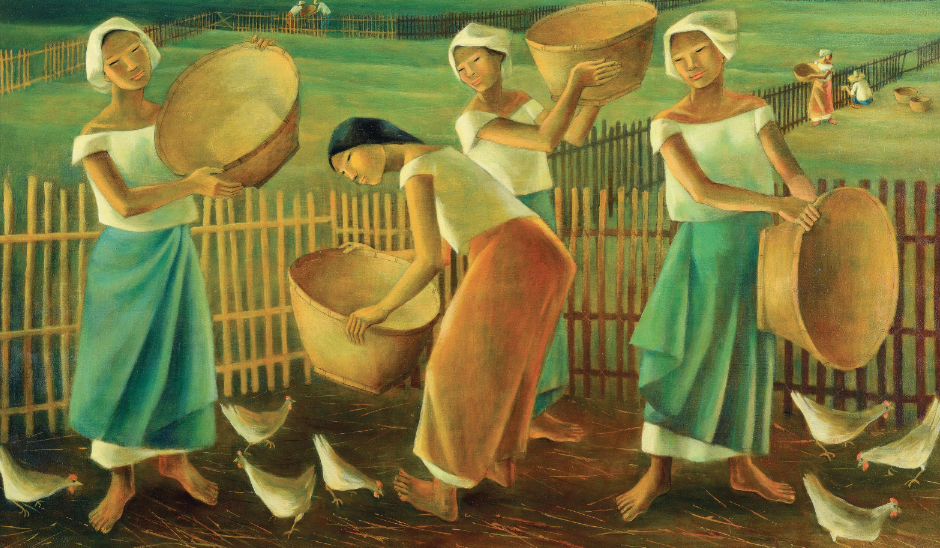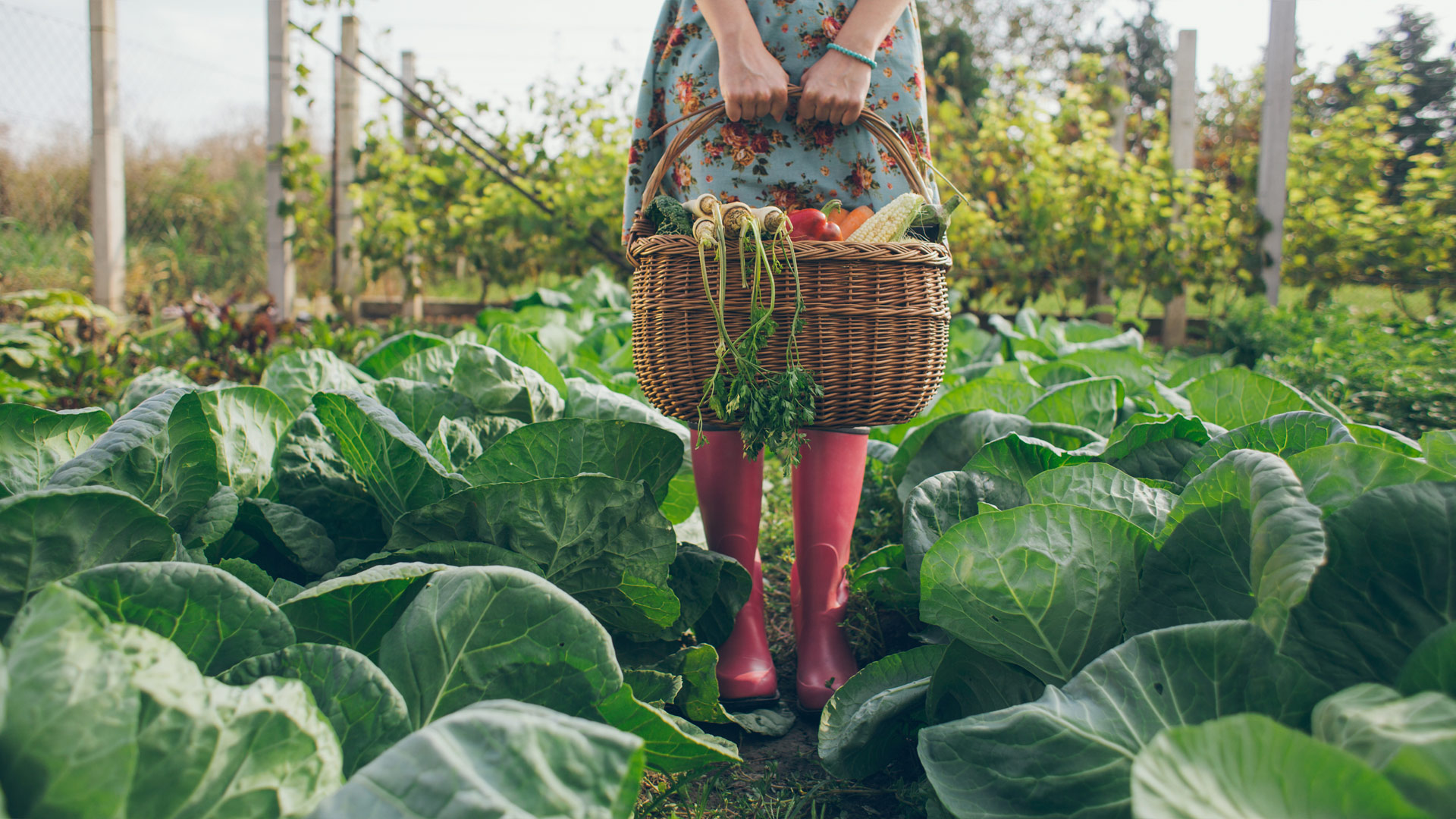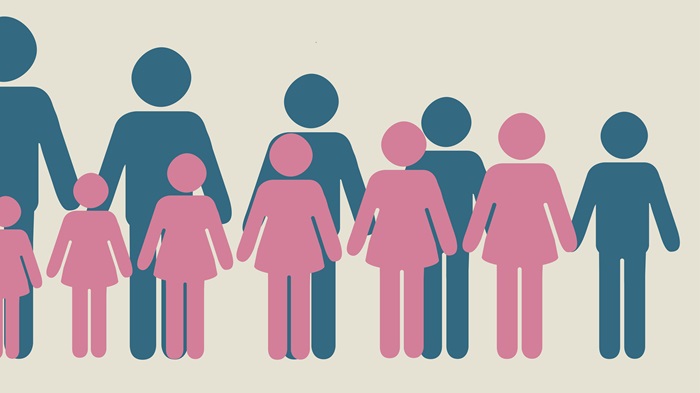By Marv Wheale
Marriage is an ancient yet contemporary institution. Its cultural allure lies in its ability to appeal to aspirations for love, happiness and identity. Ceremonial bonding is a way of tying individuals together in pursuit of a fulfilling future.
You can’t fault couples for wanting a marvelous life but the troubles with marriage are many. I will examine two:
– wallpapers over unequal social conditions between men and women
– demotes intimate nonsexualized relationships (friends, siblings, humans with other animals) to a lower status
Sexual Politics Surrounding Marriage
Marriage as an established fixture of society veils the divisions of power between men and women in the face of intimacy between them. Quite simply, women do not have equal standing to men even when mutual fondness is deep: assigned sex roles at home / unpaid reproductive labor / unequal pay in the labor market / disproportionate participation in governments / lack of representation as heads of large companies, police, courts and the military / sexual harassment, rape, battering and murder / sexual objectification in porn, other media and prostitution. All these factors are compounded by race, economic class, disability, size, age…
Because marriage obscures these disadvantages it makes it hard to organize against male power. Mobilizing energy becomes diverted into “marriage interest” which sinks scads of material and emotional resources into something that can’t satisfy our deepest longings. Essentially it is counterproductive to invest so much into what is unable to deliver what it promises to women and men as social groups. Of all the identities that affirm women’s subordination in patriarchy, marriage may be the most influential.
LGBTQ+ marriages are a reform but they retain the effect of sanctioning an institution made by patriarchy. Any improvement to the system further legitimizes it. Think of the touted vegan capitalism, animal welfare measures, feminist porn, sex object work heralded as bridges to liberation. Contradictory movements won’t bring emancipatory results. They are liberal illusions.
Outliers
To further grasp the implications of marriage you have to recognize how it constructs those outside its borders. The unmarried are relegated to a subservient social position on the basis of not measuring up to the marital model. Living in different kinds of connections they are less than. This is evident not only at the level of cultural nonrecognition but in the laws of the land. State sanctioned sexual relationships afford all kinds of rewards: income tax deductions, mortgage loans, adopting children, access to a partner’s social security benefits, medical insurance privileges, hospital visitation rights, advance directives in dying, survivor rights and inheritance beneficiaries, immigration rights, next of kin rights, etc.
Counter Arguments to Marriage Criticism
People will say it’s an oversimplification to see marriage as irredeemably sexist and lording over platonic relationships. After all, myriads of women are happily married. From this standpoint, more sensitivity and credit should be given to particular examples of marriage where both spouses have demonstrated alignment with feminist objectives and respect the relationship pluralism of the unmarried. They propose all legal and economic advantages of marriage be extended to alternative relationships.
Furthermore, numerous underprivileged couples find marriage to be a refuge from white supremacy, economic adversity, abled dominance and hetero-primacy. They claim while marriage has its downsides for women it is less burdensome than the more overbearing problems of racism, classism, ableism, heterosexism. What’s important to them is to centre marriage on reciprocity and resistance to social injustices. In these cases marriage is deemed to strengthen working class, racial, disability and LGBTQ+ struggles and they, in turn, fortify it.
Vegan marriages are held up as a way to publicly express emotional attachment, shared values and the cause of animal liberation. The reasoning and feelings are similar to other social justice-minded marriages.
Final Remarks
Yes, not all marriages are equal but the dispute against matrimony is political since it is a political entity. The idea that consensual marriage can be good or bad depending on mutual respect, affection and solidarity, clouds the reality of sex classes and privatizing women within them. It also downgrades those who don’t belong to it, culturally and legally, undeterred by the progressive optimism of open-minded married people.
Surely people can and do have intimacy and political activism without nuptial ties.
Violence towards women by men is a system of power. Much of it happens within a spousal setting. Why promote an oppressive form that disguises the structural occupation of men in women’s lives?
Couldn’t we make intersectionality more inclusive of battered women by critiquing marriage as a fabrication? We know gender, race, ability and class are social constructs, why can’t we ascertain marriage as one too?
Do we tend to cling to socially learned habits that prevent us from scrutinizing our worldviews?
I am not calling on married people to separate or divorce. That would be arrogant, reckless and absurd. It’s not individuals fault for being socialized into societal norms and values. My invitation is, to put aside resistance to questioning and challenging our institutionalization into ways of thinking, feeling, living.
Marv is a moderator for the Vegan Feminist Network Facebook page.











